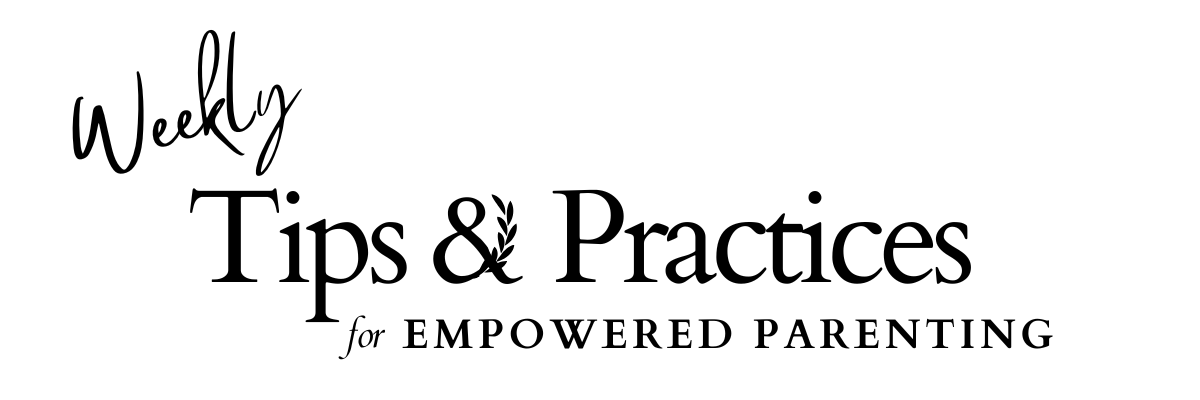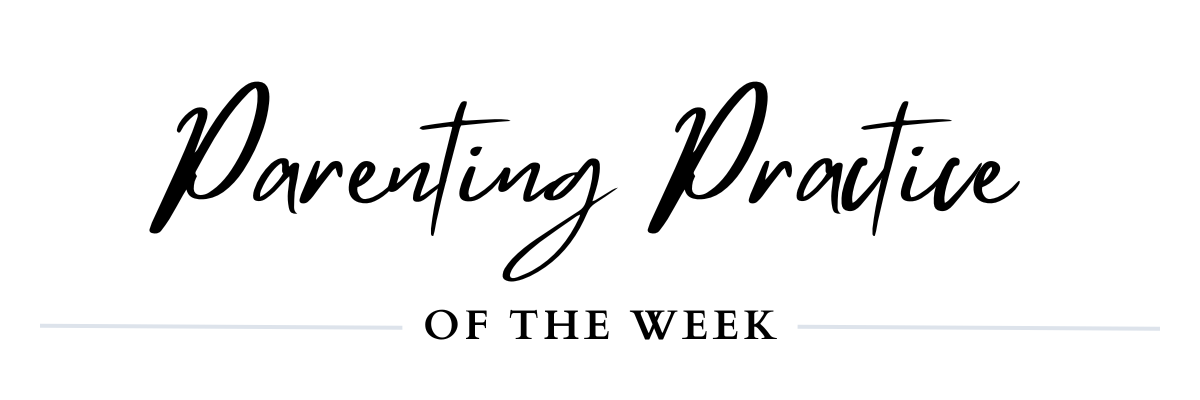The Truth About Childhood Development

Do you want to know how to feel more confident in your choice to parent peacefully?
Believe me… I am all too aware that there are so many people who have very strong feelings about choosing to parent without punishments, threats, yelling, and… POWER. They love to comment on our Instagram posts—LOL.
AND… knowing the science of child development and how their nervous system establishes what is safe and what is a threat helps so much to allow the naysayers to have less impact on our confidence as parents.
Children’s brains are not adult brains. They are literally designed to change based on developmental phases. As an example, babies and toddlers are FAR more capable than adults at language acquisition.
So here, we can rest in knowing that we are parenting the child that we have versus the failed idea that children have empty adult brains that we need to fill! (Thank you, Maria Montessori).
So this week, a little tip on brain development…

An idea to embrace: Development isn’t linear
Maria Montessori believed there was a tempting but mistaken way to understand child development. She said that this mistake was to see development as a linear progression… Meaning a baby is born with 0% knowledge and skills and this gradually increases as they grow.
But as logical as this may seem on the surface, Montessori’s observations lead her to conclude that it was wrong. Children’s development is clearly not linear. There are periods of dramatic change, plateau, and steady growth.
A baby grows and gains skills rapidly, almost daily; an 8-year old grows more calmly and gradually, a young teen grows rapidly again. At each stage of development, the child requires parenting that is suited to their phase of (non-linear) growth!
The rapid growth phases are chaotic. But they pass. We can think of them like a metamorphosis, and therefore… be far less reactive to their inevitability.
Share This Article:
Curious for more?














